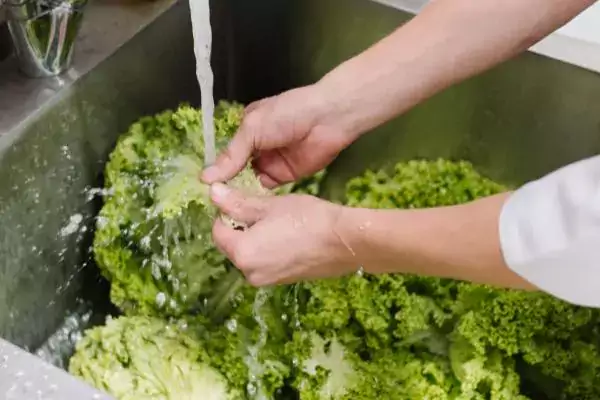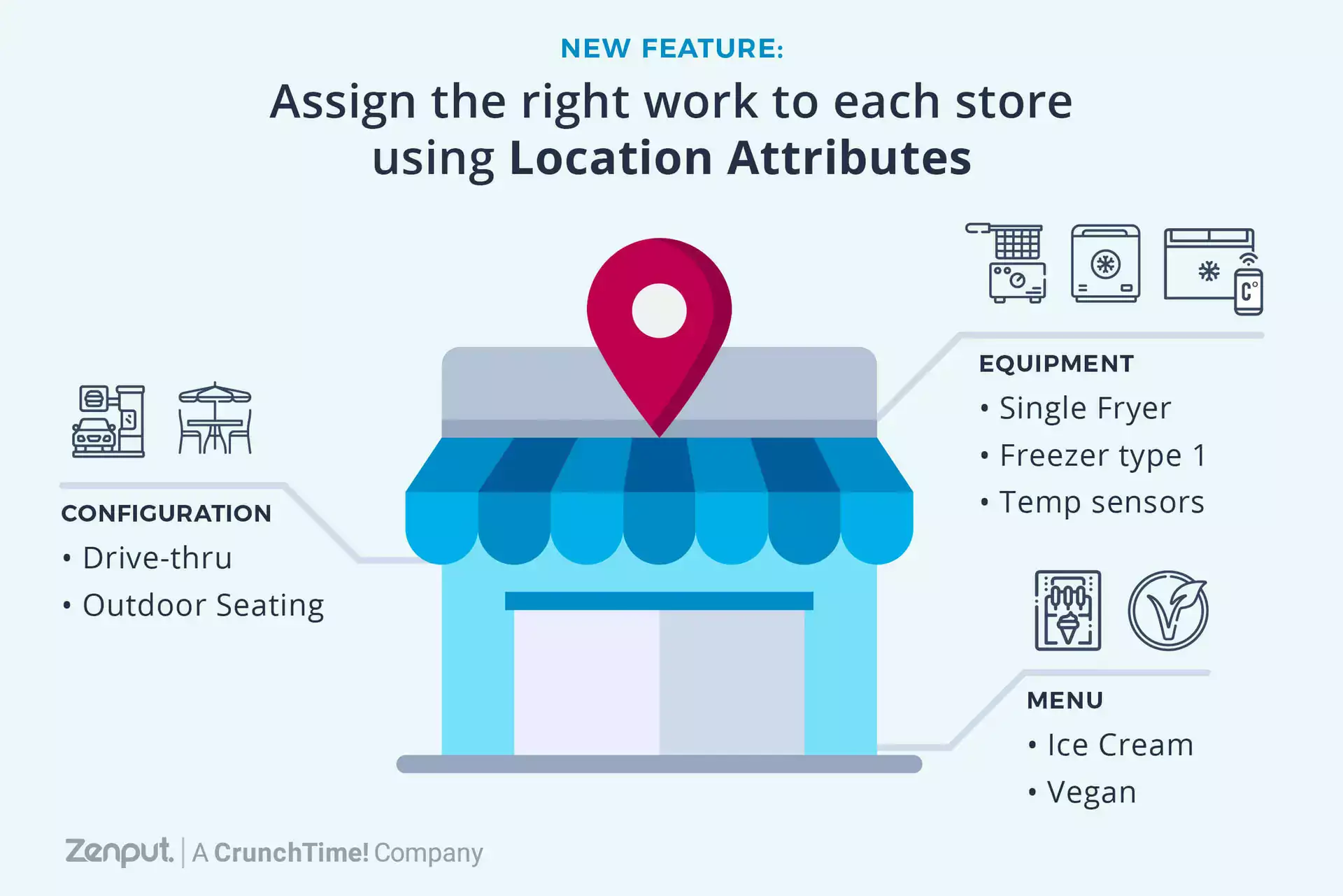Food safety is of utmost importance for any restaurant. An essential aspect of this is properly labeling food during each stage of the preparation process. Without the right digital tools at hand, it’s easy to mislabel products, write down incorrect or illegible dates, or make other errors that introduce potential threats that put your organization and customers at risk.
Our recent 2020 Restaurant Ops Report revealed that only 50% of restaurant operators are confident in their ability to identify food safety concerns before they become a serious issue.
Food label printers can be an excellent solution to these issues. Restaurant operators reduce the chance for human error, save time for their store employees, and can be confident that ingredients are always labeled properly at their stores, reducing the risk of food safety issues.
Technology for food prep labeling automatically calculates food expiration dates based on the preparation stage and product selection. By printing the current date and time, restaurant owners reduce the chances of serving expired food.
Importance of Food Safety
Food safety is always critical, but during the COVID-19 era, when much of the public is especially health-conscious, it’s particularly important.
Also during the pandemic, many restaurants have revved up their takeout businesses in the face of government restrictions on indoor and outdoor dining. This places them up against new competition from food retailers for quality and freshness. With the stakes higher than ever, restaurant owners must deliver the best customer experience to retain customers and survive.
Operators can’t afford to risk serving unsafe food to their customers.
According to researchers at the Johns Hopkins Bloomberg School of Public Health, a single foodborne illness outbreak can cause a fast-casual establishment to lose up to $2.1 million, including fines and legal fees.
In one recent case in Connecticut, a dozen office workers became violently ill after consuming a catered lunch from a well known local restaurant. Although there were no deaths or long-term complications, the caterer was found liable for the illness and ordered to pay a settlement of about $370,00, or about $30,000 per luncheon attendee.
Food Labels are a Critical Aspect of Managing Food Safety for Restaurant Owners
Restaurant chains and other foodservice companies create food safety procedures for all store locations to follow in order to protect customers.
One large food service establishment (Gordon Food Service) has developed separate food labeling procedures for foods that require time and temperature controls (TCS) as well as for cold and hot foods without temperature controls.
Under the chain's food safety policies, TCS foods must be labeled with the following: common name of the food (such as Chicken), date the food was made, and 'use by" date.
Foodservice operators vary, of course, in their food safety practices. Yet almost any ingredient used in a restaurant will receive a label specifying what it is and when it needs to be used by.
How Zenput Labels Can Help
Although foodservice companies generally have food safety policies in place, enforcement of these policies across multiple store locations is often a struggle. Some labels are still paper-based, while others use outdated legacy computer software. In contrast, Zenput's food preparation labeling system automates aspects of food labeling to ensure accuracy of item names and expiration dates, and improve compliance with food safety procedures.
With Zenput Labels, all your ingredients and their respective expiration details are stored in a cloud system that can be updated from anywhere in minutes. From the Zenput Labels mobile app, store employees choose from a list of products and ingredients to wirelessly print food prep labels.
From the store tablets, printing is fast and easy-to-use. Labels can be printed either in bulk when a shipment arrives or individually.
Analytics provides management with a birds-eye view of whether labeling is being done correctly and on-time across their stores.
Zenput Labels is part of the Zenput Connected Store suite, which also includes Zenput Temp Monitoring and Bluetooth Thermometer Sync, which automates temperature monitoring and prevents food spoilage by issuing instant alerts if food or equipment temperatures go out of range.
Case Studies
Domino’s biggest US franchisee, RPM Pizza, is one foodservice establishment that has turned to Zenput Labels. RPM is using Zenput Labels to accurately and clearly print critical dates at each stage of the food prep process.
At RPM Pizza, Zenput Labels replaced two previous manual methods of tracking food expiration dates. Some stores used a paper-based green dot system subject to human error. Others tracked expiration dates within Excel spreadsheets.
Every time RPM PIzza introduced a new product, the company would need to send an Excel file to each of their locations and depend on the stores to download the file and update the store product list.
With Zenput Labels, store employees simply select the stage and ingredient, and the label with the correct expiration date is printed out within seconds.
Check out our video to learn more about Zenput’s success story at RPM Pizza. Join Stephanie Siegwald, Operations Manager, as she explains why Zenput has become RPM’s “labeling hero.”
Your Next Steps to Ensure Food Safety
Food safety is clearly a critical aspect of maintaining a reliable reputation and delivering a good customer experience. Learn more about Zenput Labels and discover how you can automate parts of your workflow and deliver an outstanding service to your customers today.
Subscribe to our blog
You are now subscribed!


